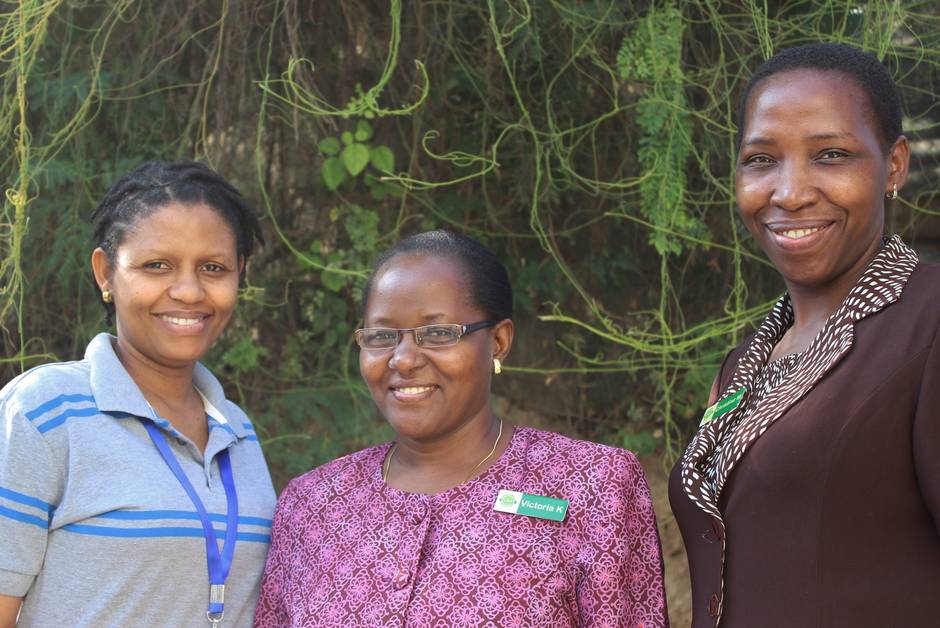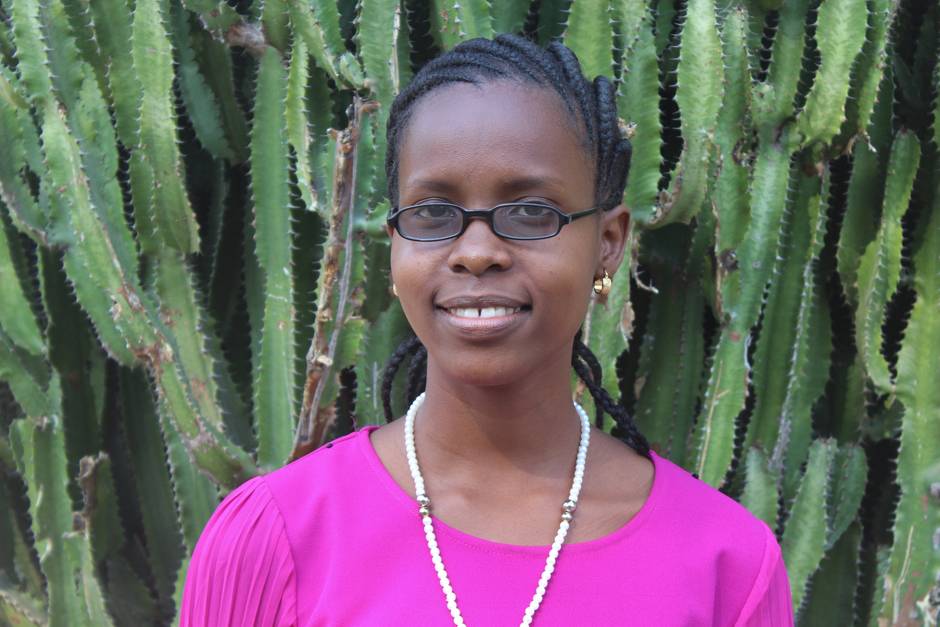Maternal Monday Part 3: Sustainable Change
Securing Life Saving Impact for the Future
In this final installment of our Maternal Monday blog series, we focus on how embedding life saving changes in the Tanzanian healthcare system ensures your collective impact continues for generations to come. While the improvements made to date are impressive, if they can’t be sustained or duplicated, they will only be temporary.
One of the keys to sustainable impact in healthcare is training. Like most of the developing world, Tanzania has a deficit of trained healthcare workers. Not enough young men and women are entering the field, and many trained and experienced specialists choose to work abroad. This means current healthcare teams that are already stretched by a city’s booming population aren’t being joined on the frontlines by fresh reinforcements.
Many doctors and nurses work extended shifts to make sure their floor is covered, which can lead to exhaustion and burnout. Night and weekend shifts are not sufficiently staffed, so emergency cases are less likely to be attended by a qualified team. A shortage of specialists means that there are few trainers available to share their knowledge with the next generation: and the cycle continues.
Training of Trainers
Christina, Lilian, and Victoria are all nurses at the CCBRT Disability Hospital. Realizing that the impairments they treated at the Disability Hospital could be prevented by access to quality care during childbirth, they decided to become a part of the long term solution to disability in Tanzania. They left their homes and relocated to Cape Town, South Africa for a year of training in Pediatric Nursing, supported by CCBRT. Now they have returned to work after their training. They divide their weeks between the 200-bed Disability Hospital and CCBRT’s partner sites in Dar es Salaam, where they help teams identify and prevent disabilities at birth on the labor & delivery and post-natal wards.
“When managing a difficult case like neonatal asphyxia [when a baby is not getting oxygen], you have one minute to prevent disabilities like cerebral palsy,” Lilian remarked. “If you give good care to the baby, you stop it right there”.
When CCBRT’s Maternity and Newborn Hospital opens, these three nurses will move into new roles in what will be one of the largest dedicated maternity hospitals in the country.
Empowering the Next Generation of Clinicians
For doctors like Dr. Gloria Manyangu, the hands-on experience gained as a clinician and a trainer under CCBRT’s capacity building program serves the doctors as much as it serves their trainees. Dr. Gloria joined CCBRT’s team this year after completing medical school and serving at other local medical facilities post-graduation. She now works with teams in 12 public healthcare facilities throughout Dar es Salaam, giving her ample opportunities to refine her own skills while mentoring her colleagues
“It’s very possible to reduce maternal death. Despite the many challenges — shortage of supplies, equipment, electricity — if we are motivated, we can get it done. The harder we work, the better the outcomes.” ~Dr. Gloria Manyangu
This spring, CCBRT oversaw the on-site training and mentoring of 196 trainees in topics like infection prevention control, maternal complication, post-partum hemorrhage, and standards to monitor best practices.
Moving Forward
As dedicated healthcare workers like Dr. Gloria continue to train others, and nurses like Christina, Lilian, and Victoria expand their own knowledge to curb disabilities at birth, we will see lives saved, medical teams empowered, and healthcare systems improved. Thank you for standing with us as we improve the status quo for patients and healthcare workers. By improving the quality of healthcare available, we can empower people and communities to realize their full potential. Healthy people build healthy communities.




